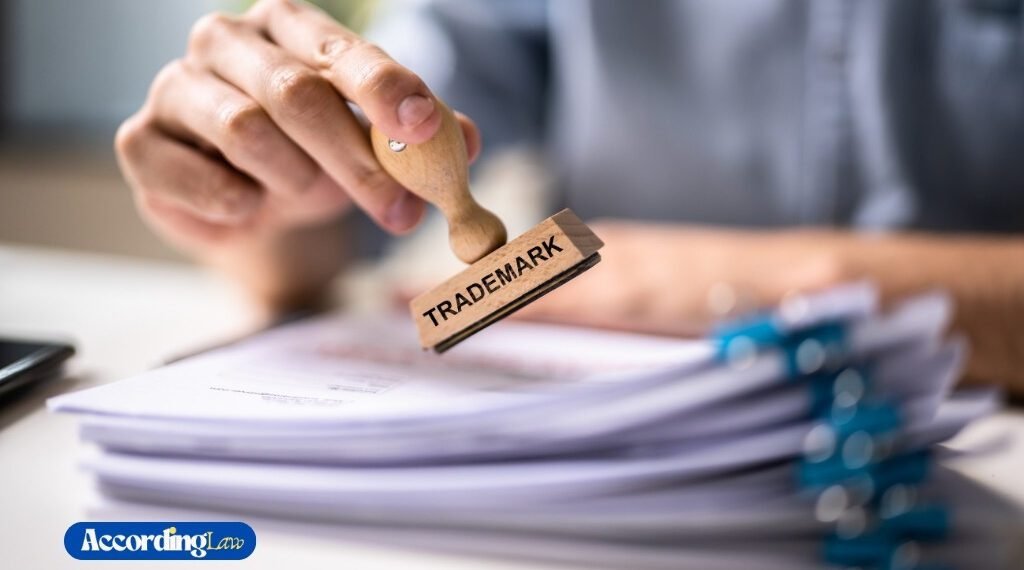Amazon selling is today one of the most lucrative ways of helping entrepreneurs and enterprises reach millions of consumers worldwide. Through its vast base of customers and stable platform, Amazon helps sellers expand their brands faster than ever before. However, with the marketplace becoming increasingly competitive by the day, it has never been more important to protect your brand name as well as products.
One of the most common questions asked by sellers, especially new sellers, is: Do you need a trademark to sell on Amazon?
No, you don’t necessarily need a trademark to start selling on Amazon. But if you’re serious about building a long-term, reputable brand, then applying for a trademark is one of the smartest moves you can make.
Let’s discuss what a trademark is, how it will impact your Amazon business, and why obtaining one can give you an enormous competitive edge.
Table of Contents
What Is a Trademark?
A trademark is a form of intellectual property that provides legal protection for your brand identity. It can be your logo, company name, slogan, or even distinctive packaging that sets your products apart from the rest. Basically, a trademark entitles you to the exclusive use of your brand indicators in connection with the goods or services that you provide.
For instance, if you’ve developed a line of skincare products called “Glow Mist,” trademarking Glow Mist bars any other vendor from legally using that name to sell the same products. By not having a trademark, you’re vulnerable to imitators who replicate your brand, using similar logos or names to confuse buyers—and potentially ruin your reputation.
Selling on Amazon Without a Trademark
Technically, anyone can sell on Amazon without a registered trademark. Amazon permits individuals and companies to set up seller accounts and list products under their brand names even when they’re not registered.
There are restrictions and risks, though:
In short, while it is possible to sell without a trademark, you will be more vulnerable to counterfeiters and copycats, and you will not have access to tools that make it a lot easier to protect and manage your brand.
Why You Should Get a Trademark for Amazon
If you are committed to selling on Amazon as a long-term business and not a short-term side hustle, getting a trademark offers some important benefits:
1. Amazon Brand Registry eligibility
After registering your trademark, you can join Amazon Brand Registry, an intense program with more brand protection and marketing perks.
Through Brand Registry, you can:
This program is one of the biggest incentives to have a trademark registered as a seller because this builds customer trust and boosts conversions.
2. Legal Ownership and Protection
A trademark legally makes your brand name and logo yours. If another seller tries to copy your branding or confuse buyers, you have a solid legal footing to claim your rights and force them to stop.
This protection extends beyond Amazon, by the way. Your trademark is enforceable across the country (or around the world, if you file internationally), with a sense of assurance that your brand identity is protected wherever you conduct business.
3. Customer Trust and Brand Recognition
A registered trademark conveys professionalism and authenticity. Customers will more trust a brand that looks established and protected. In the competitive Amazon marketplace, where counterfeit goods are a real concern, trust is everything.
4. Long-Term Brand Value
If you ever intend to sell your Amazon business or diversify to other platforms, a registered trademark is a huge value add. It signals to potential buyers or investors that your brand is well-protected and difficult to copy.
5. Easier Global Expansion
With a registered trademark, you may also pursue international protection through systems such as the Madrid Protocol, which simplifies the process of extending your rights to other countries. This is very convenient if you’re an Amazon seller selling through various marketplaces (e.g., Amazon US, Amazon UK, or Amazon Japan).
Trademark Registration Process
The process varies depending on your country, but the trademark registration process usually goes through the following steps:
You can register the trademark yourself, but most sellers employ professional trademark registration services for convenience and accuracy.
Protect Your Amazon Business
If you’re serious about building a brand on Amazon, one of the smartest investments you can make is in trademark registration services. Professional services handle the complex aspects of the process, such as conducting a thorough trademark search, preparing accurate documentation, and communicating with the trademark office on your behalf.
These experts will help you get your application approved easily and fast. They can also guide you on how to establish your brand identity for maximum protection and how to utilize your trademark for Amazon Brand Registry enrollment.
With your registered and approved trademark, you can concentrate on building your Amazon business with the assurance that your brand is completely protected legally from counterfeiters and copycats.
By trademarking your brand, you qualify for Amazon’s Brand Registry, receive additional customer trust, and position your business as a serious and professional brand. When selling handmade products, electronics, or private-label items, trademarking your brand safeguards the effort you’ve invested in building a known and trusted name.
So, Amazon does not require a trademark to launch, but the smartest sellers know that brand protection is not a choice, it is a necessity for long-term success.


